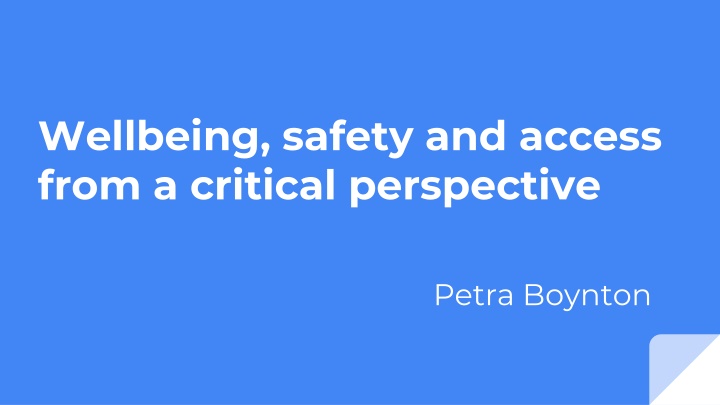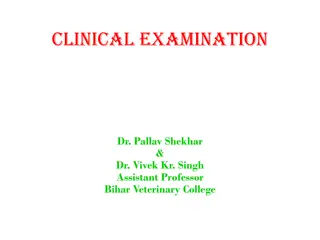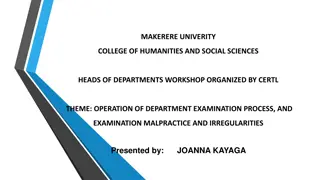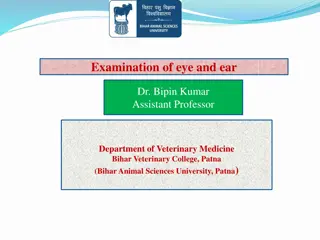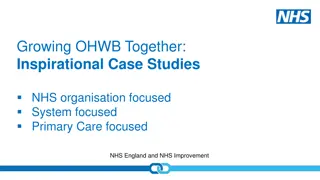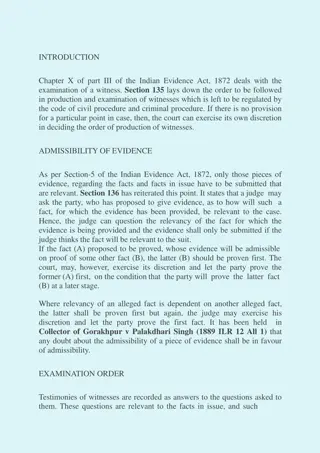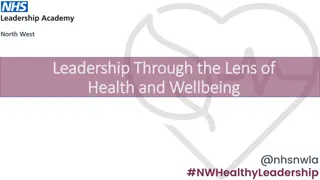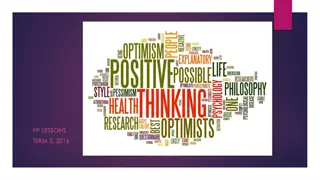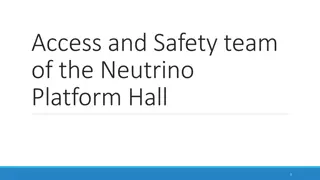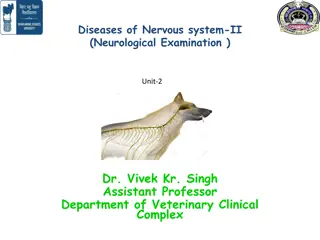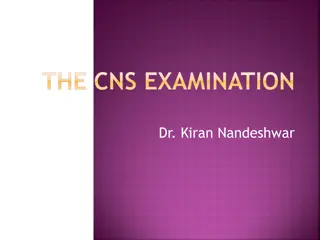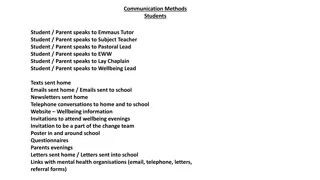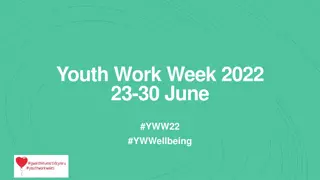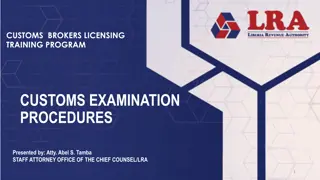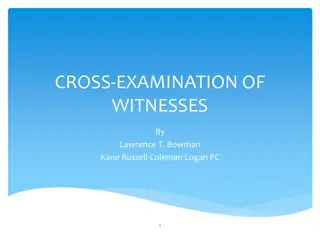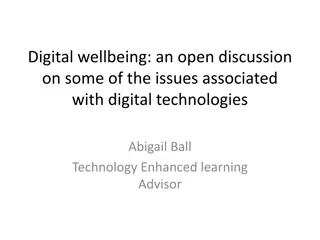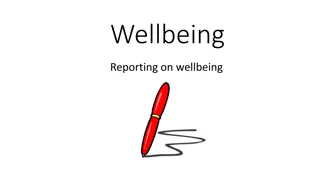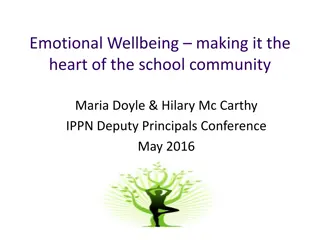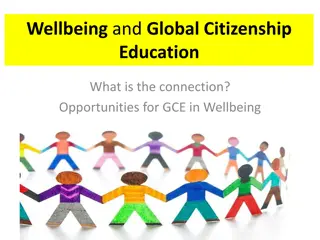Critical Examination of Wellbeing, Safety, and Access in University Settings
High levels of dissatisfaction and mental distress among students and staff, compounded by cuts to support services and a lack of effective solutions. Universities facing challenges like rapid transitions, extractive practices, loneliness, violence, and precarious conditions affecting vulnerable groups. The need for a critical perspective on addressing inequalities, enhancing safety, and promoting wellbeing within academic institutions.
Download Presentation

Please find below an Image/Link to download the presentation.
The content on the website is provided AS IS for your information and personal use only. It may not be sold, licensed, or shared on other websites without obtaining consent from the author.If you encounter any issues during the download, it is possible that the publisher has removed the file from their server.
You are allowed to download the files provided on this website for personal or commercial use, subject to the condition that they are used lawfully. All files are the property of their respective owners.
The content on the website is provided AS IS for your information and personal use only. It may not be sold, licensed, or shared on other websites without obtaining consent from the author.
E N D
Presentation Transcript
Wellbeing, safety and access from a critical perspective Petra Boynton
What do we know? High levels of dissatisfaction among students and staff Reported increase in mental distress Cuts to external support services and charities, plus increased demand for them Academic mental health has become a hot topic Research on this subject variable in quality and impact Solutions ignored in spite of a legacy of work around inequalities, access and harms Much of the research and practice is depoliticised, ignores diverse experiences and needs, and does not hold institutions accountable
Whats going on inside universities? Rapid transitions on/offline teaching and learning Extractive practices Student and staff histories, needs and changing circumstances Relocation Loneliness and isolation Emphasis on research but patchy or poor research tuition and dissertations impacted Access, safety and wellbeing (including studying sensitive topics and secondary data) Silo working Research waste Violence on campus, within the university system, enacted by academia Drop outs, leavers-by-choice, redundancy Legal changes and challenges Industrial action (all sectors) Publish or perish Metrification Competition and glorifying overwork Precarity Funding cuts/deficits - I have to pay to work Bureaucracy Suffering is a badge of honour PGRs adversely affected Low wages Pensions and pay Bullying and sexual harassment Inadequate training, supervision, instruction and equipment I don t know what I m doing Visa/access Hidden curriculum
Students and staff who are vulnerable Part time LGBTQ+ On placement or doing fieldwork International Older/mature Working or studying remotely Women Indigenous First-gen Bereaved Trauma and/or SEMH Low income Estranged Working class From an ethnic minority Disabled Have learning difficulties Physically or mentally ill Parents or carers Care leaver Self-funding Refugee or asylum seeker
Nothing will change if it is the universities, research councils, and other educational institutions that are causing or worsening our difficulties.
How to stay in control (even) when you don t feel like it Keep records/receipts Correspond via email Gather witnesses Use mentors/third-party support Know and cite regulations Create a support network Sign up to a Hub Report issues! Coaching/counselling
Ways to comfort yourself
Rest periods and holidays Hobbies (e.g. sport, crafting, cooking) Bathing, hair washing, or brushing Venting and righteous anger Catching up with friends and family Being in nature Gentle exercise Try anxiety busting techniques Film or TV (favourite shows) Relaxation and meditation Reading or listening to stories Pick your own treats Care for yourself as you would your phone!
Alternatives to resilience Persistence Fortitude Resistance Rebellion Defiance Stubbornness Obstinacy Tenacity Bravery Humour No ought without support
I see absolutely nothing in her She thinks she can read, but she can t Show off Chatterbox Thick Fidget bottom Incompetent Could try harder Defiant Careless Lazy Moody Challenging Dolly day dream Distracting Flighty Certainly I did not single her out among our students as a high flyer
Thanks for listening! info@drpetra.co.uk
